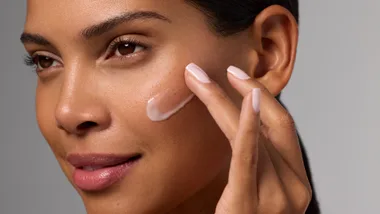Dr Jenny Fisher is the very definition of success. She studied planetary sciences at the prestigious Caltech University in California and completed her PhD at Harvard. She’s now a Senior Lecturer at the University of Wollongong and was awarded a L’Oréal-UNESCO For Women in Science Fellowship in 2016 for her work.
Despite an arm-length list of achievements and an illustrious career, Fisher admits she’s struggled with Imposter Syndrome. “As an undergraduate at Caltech, I struggled with Imposter Syndrome. Caltech is a very selective institution and I felt like I got so lucky to be there and I didn’t belong there,” recalls Fisher, now 36.
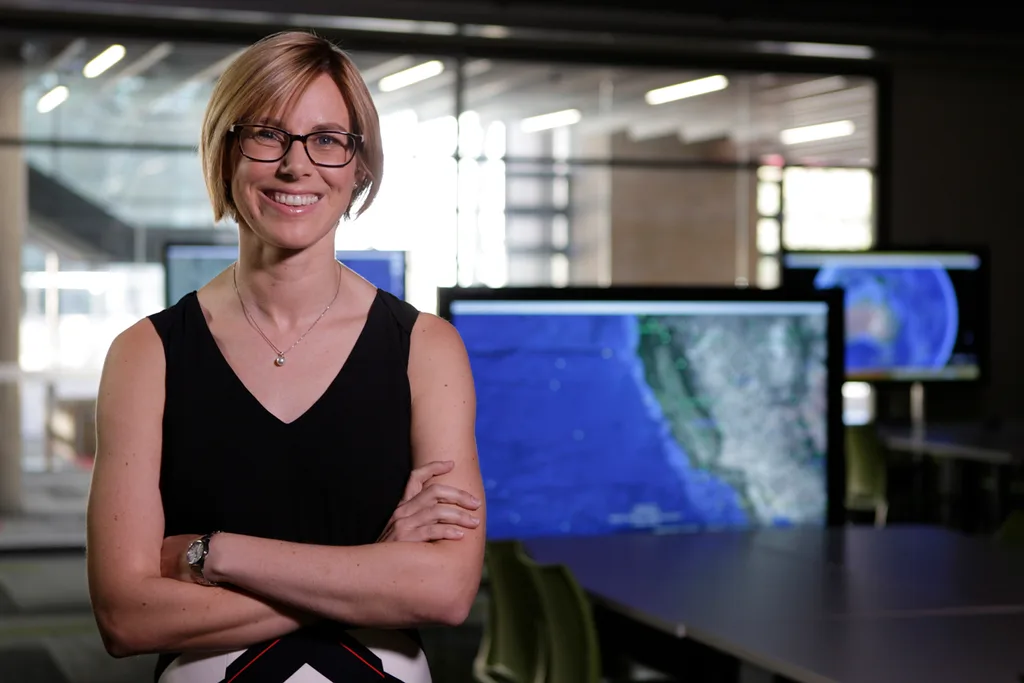
Fisher is not the only academic to grapple with self-doubt. A recent Research Policy study found that one in two PhD students experience psychological distress and one in three is at risk of a common psychiatric disorder like depression.
The prevalence of mental health issues is higher in PhD students than in the general public.
Current PhD student Mary Woessner, 29, says she has experienced a lack of motivation and enthusiasm and feelings of isolation during her studies. “I have, like most postgraduate students, experienced a negative outlook towards my PhD at times. It’s a bit scary because these feelings, along with the isolation associated with the PhD, can be so normalised that you don’t even realise you’re experiencing them,” says Woessner, who’s researching exercise performance at Victoria University. “Stress, anxiety and Imposter Syndrome have become so normalised in academia that we don’t see them as problems but rather just part of the job.”
The pressure, isolation and competitive nature of PhD studies can lead to mental health issues. Woessner says a postgraduate degree shouldn’t come at the cost of mental wellbeing, “While there’s a certain level of sacrifice, time and energy required to complete a PhD, nothing should ever require you to compromise your mental health.”
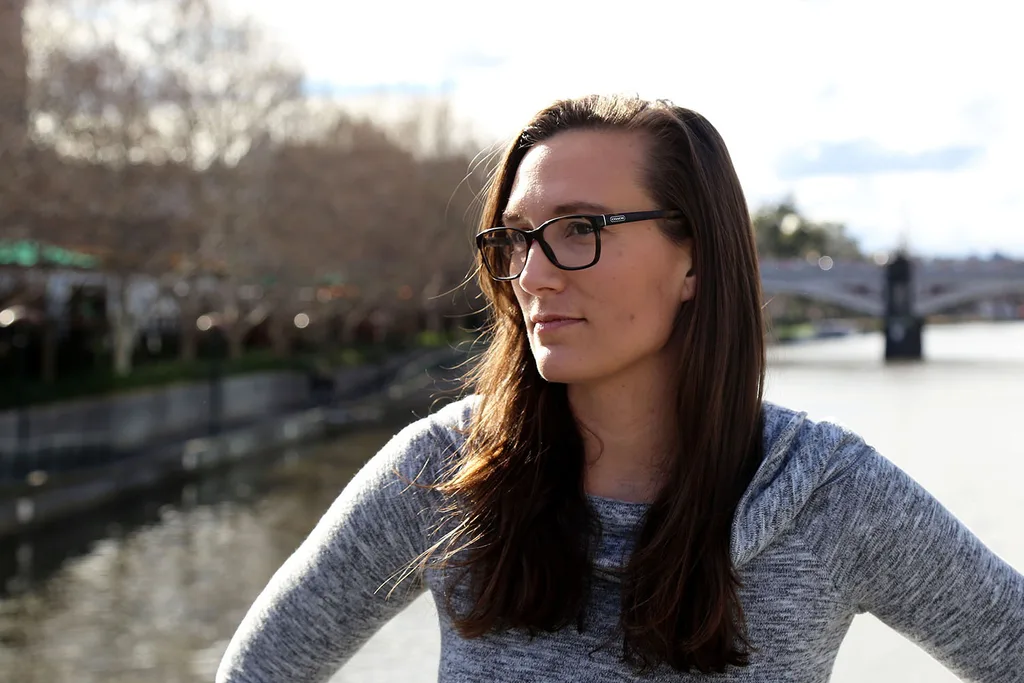
The question is: how can PhD students prioritise their mental health in such a pressure-filled, high-stress environment?
Throughout her three-year PhD candidacy, Woessner has learnt to manage stress and self-doubt with a number of coping mechanisms. For one, she has very strict working hours, she makes time every month to go away on a short trip to reset and she has an external mentor through the L’Oréal-UNESCO FWIS Program’s newly developed Mentoring Program.
“It’s really important to have a mentor to help you if you are struggling with the pressure of it all. As a young female researcher, being able to talk to another female in the field helps because she understands the things I’ve faced and experienced,” says Woessner.
That’s exactly why Kiera Flynn, a scientist and the Corporate Social and Communications Manager at L’Oréal Australia & NZ, started the Mentoring Program. “I wanted to provide a mentoring scheme as a part of the FWIS program because I knew it would help. When I was a postgraduate student, I had external mentors who were great at helping me work through those self-doubt issues,” says Flynn, 29. “We deliberately match mentors and mentees in different disciplines so they work on real professional skills, which I think are they key to breaking glass ceilings and reaching those leadership positions.”
The program was launched last year with FWIS alumni signing up to become mentors to support students through their research, give objective feedback and share their professional advice.
Fisher was one of the first mentors in the program and is working with her second mentee now. “I have benefited from so many supporters throughout my career, so this program was a really nice opportunity to give back,” says Fisher, who uses a sporting analogy to explain the importance of mentors in academia. “If you think about sports, athletes who are training at a higher level are at a higher risk of injury. I think it’s the same with mental health [in academia]. PhD students are constantly working on the hardest level of challenges, in a competitive environment with constant pressure. That isn’t always conducive to strong mental health.”
Just like athletes have coaches, Fisher says PhD students need mentors to help them avoid overtraining and injury. “Coaches prevent athletes from making the wrong decision. Having a supervisor who can provide that context and perspective is really important for postgraduate students,” she explains.
The one piece of advice Fisher gives young researchers is to have a life outside of academia. “It’s important to remember that doing a PhD is a job, it’s not everything. I always had outside interests and hobbies, which took away a little bit of that pressure. You need to make time for yourself,” she adds.
Woessner, who is mentored by Professor Deanna D’Alessandro, says having an external perspective has been invaluable. “Deanna is so calming and encouraging. The best advice she’s given me is to find balance, which you don’t often hear from supervisors.”
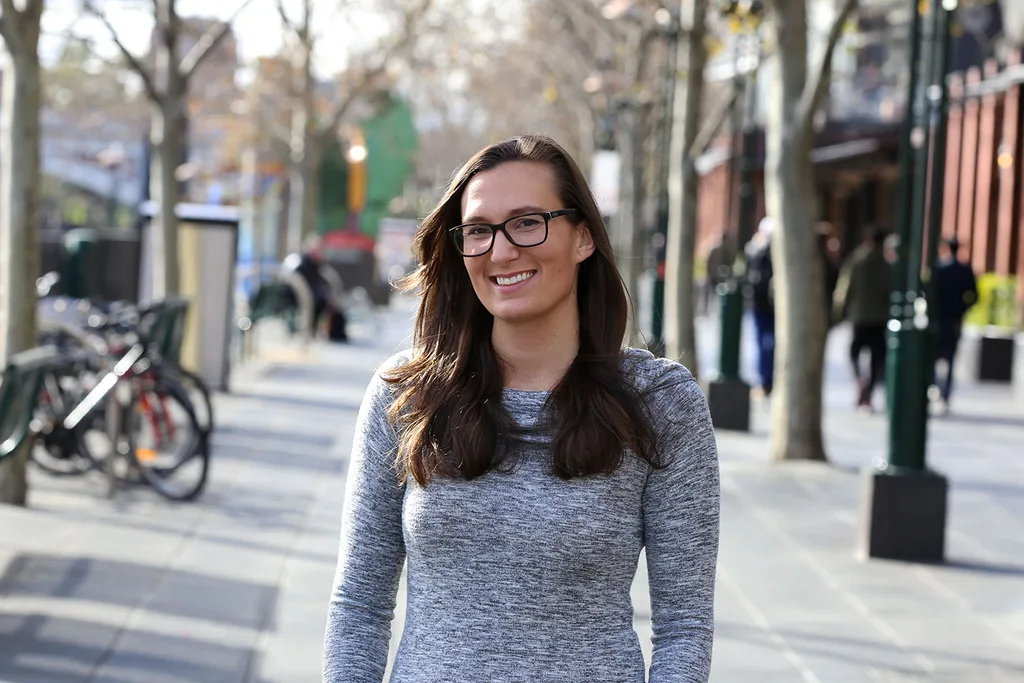
More than anything, the mentoring scheme has given Woessner something to aspire to. “One of the most challenging aspects of being a female researcher in STEMM is a lack of women in senior roles,” she says. “I think that lack of visibility means students like myself struggle to see how they’re going to fit in to academia. It’s hard to imagine yourself advancing in a career when you look around and can’t see anyone like you.”
Despite making up half of our PhD graduates, women are currently underrepresented within leadership positions in science. As the saying goes, you can’t be what you can’t see – women need role models to look up to.
In her scientific career, Flynn saw very little change in terms of support for women. “If you’re in a male dominated industry and you don’t have someone to look up to, there’s a lack of confidence,” says Flynn, who wants to see more women in senior scientific roles to empower others.
As well as implementing mentoring schemes, supporting women and promoting them to senior roles, more needs to be done. Flynn says major change is needed to address the alarm mental health statistics in postgraduate studies. “Mental health is overlooked in science and a cultural shift is needed for that to change. It needs to be spoken about and accepted, and policy needs to be put in place to support students and alleviate some of the triggers,” explains Flynn.
If Woessner could speak to her younger self, she would say: “You need to be your own best advocate. You need to look out for yourself, look at your strengths and weaknesses and find resources that can help you. If you don’t see them, do you best to try and create them.”
Women in science deserve change, and they’re prepared to fight for it.
For more information about the L’Oréal-UNESCO For Women in Science, visit: forwomeninscience.com.au
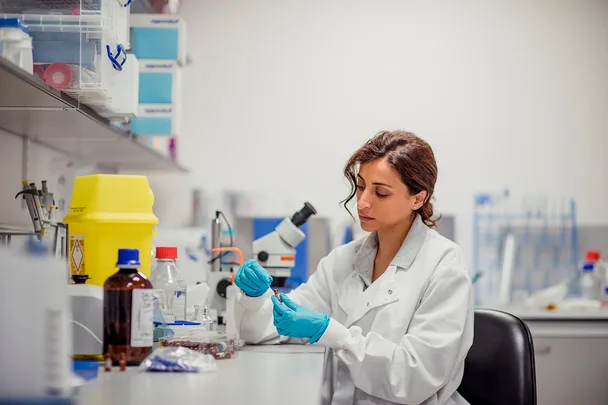 Getty
Getty
